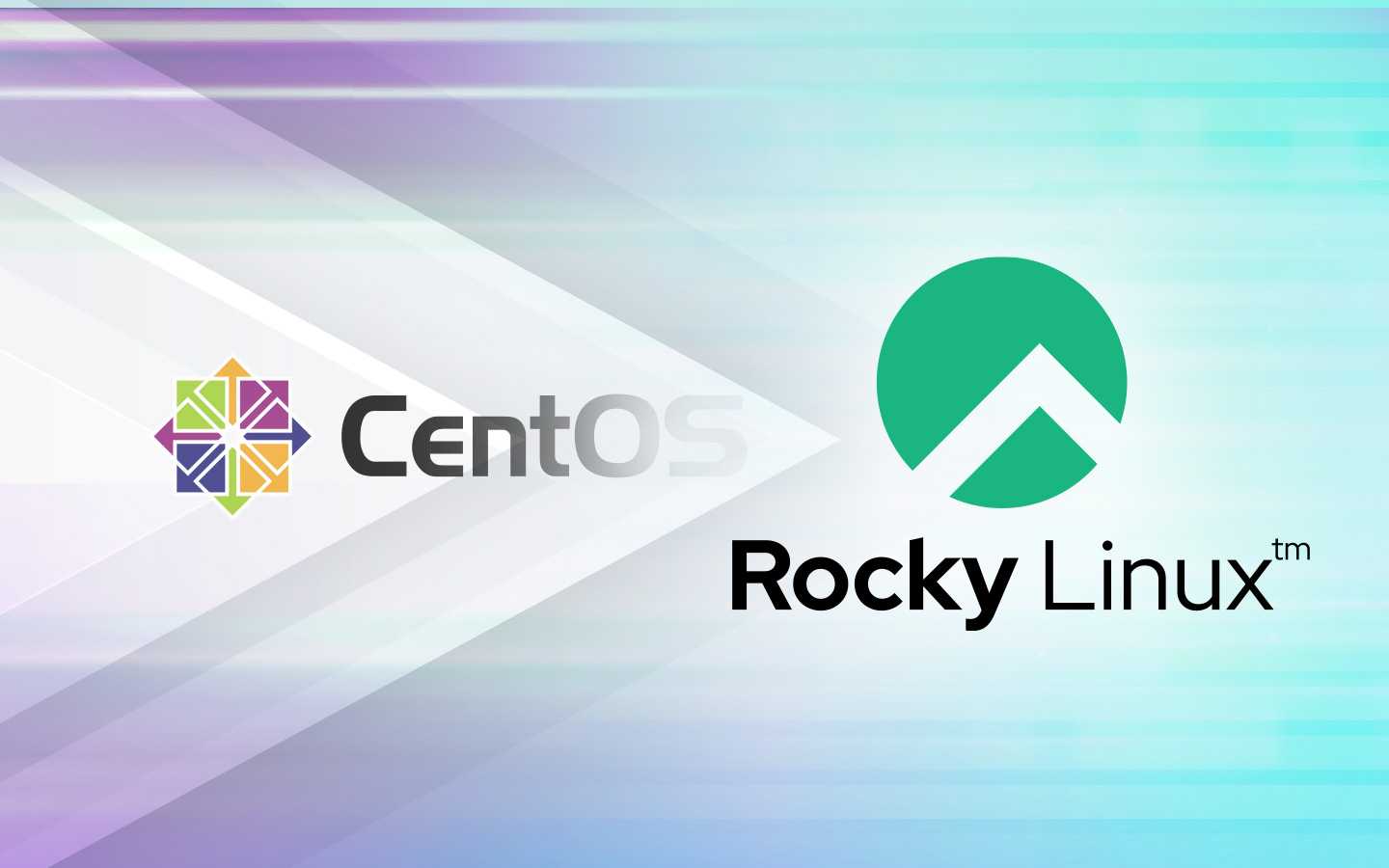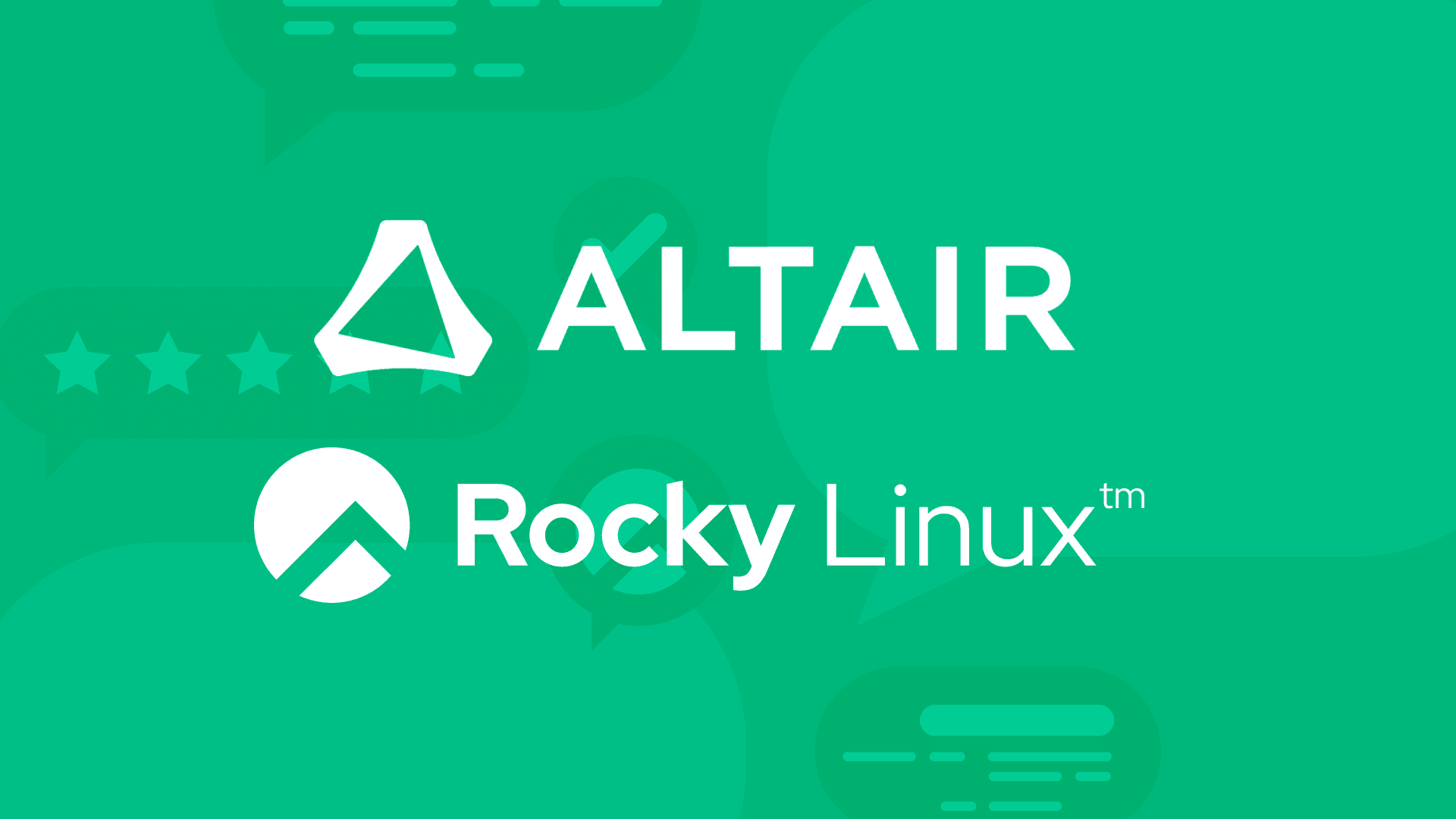4 min read
CentOS Users: It’s Time to Migrate to Rocky Linux

The CentOS end of life (EOL) marks a significant shift for organizations that have long relied on this stable and free enterprise operating system. For years, CentOS has been a cornerstone for businesses and IT departments needing a reliable, open source platform that closely mirrors Red Hat Enterprise Linux (RHEL). But with the termination of CentOS as a supported OS, organizations must now look for alternatives that offer the same level of stability, security, and compatibility they have come to expect.
CentOS users need to move on to a more modern OS that has all the same upside without any of the downside. That choice is Rocky Linux.
What people loved about CentOS
CentOS became remarkably popular — and still is — for several reasons:
- Cost-effectiveness: CentOS provided a free, enterprise-grade operating system that allowed organizations to deploy robust IT infrastructures without the expense of RHEL licenses.
- Stability: Built from RHEL source code, CentOS offered a reliable and stable environment that was crucial for production servers, development environments, and a wide array of enterprise applications.
- Community support: The active CentOS community provided a wealth of resources, including troubleshooting tips, configuration guides, and forums for sharing best practices. This community-driven support was invaluable for organizations of all sizes.
- RHEL compatibility: CentOS’s binary compatibility with RHEL meant that organizations could run the same applications and workloads on CentOS as they would on RHEL, ensuring a seamless experience without vendor lock-in.
However, with CentOS no longer supported, these benefits are rapidly diminishing, leaving organizations vulnerable to security risks, compliance issues, and operational challenges.
The risks of staying with CentOS
Continuing to use CentOS after its EOL date poses several risks:
- Security vulnerabilities: Without ongoing security patches and updates, CentOS systems become increasingly vulnerable to cyberattacks. In today’s threat landscape, relying on an unsupported OS can lead to severe breaches that compromise sensitive data and disrupt operations.
- Compliance issues: Many industries require adherence to strict security and compliance standards. An unsupported OS like CentOS can quickly fall out of compliance, exposing organizations to potential fines, legal challenges, and reputational damage.
- Operational challenges: As CentOS ages, it will become increasingly difficult to maintain compatibility with newer hardware and software. This can lead to operational inefficiencies, system incompatibilities, and increased downtime as IT teams struggle to keep aging systems functional.
- Lack of support: With CentOS EOL, the once-thriving community of users and contributors will inevitably dwindle. Organizations that stick with CentOS may find themselves isolated, with fewer resources available to help address issues and maintain their systems.
Why Rocky Linux is the best choice after CentOS
In the wake of CentOS’s EOL, Rocky Linux has emerged as the natural successor for organizations that need a stable, RHEL-compatible operating system. It’s also following a similar growth trajectory as CentOS — unsurprising, considering Gregory Kurtzer founded both OSes.
Here’s why Rocky Linux is the right choice:
- Community-driven development: Like CentOS, Rocky Linux is developed and maintained by a community of experts and enthusiasts committed to providing a free, open source, enterprise-grade operating system. This community-driven approach ensures that Rocky Linux remains aligned with the needs of its users.
- RHEL compatibility: Rocky Linux is designed to be a 1:1 binary-compatible fork of RHEL, meaning that applications and workloads that run on CentOS will work seamlessly on Rocky Linux. This compatibility makes the transition to Rocky Linux straightforward, minimizing disruptions.
- Long-term stability and support: Rocky Linux offers the long-term stability and support that organizations need for their production environments. With a clear commitment to providing regular updates, security patches, and a predictable release cycle, Rocky Linux ensures that your systems remain secure and up-to-date.
- Ease of migration: Migrating from CentOS to Rocky Linux is a smooth process, thanks to tools and resources provided by the Rocky Linux community and organizations like CIQ. These tools simplify the migration process, reducing the risk of downtime and ensuring a seamless transition.
The path forward: Migrating to Rocky Linux
The Rocky Linux team has put together helpful, automated scripts for migrating from various Linux distros to Rocky. You can download the migration script from the Rocky Tools repo on GitHub and follow these instructions:
- Back up your critical data: You don’t want to risk losing anything in this process.
- Know the context of your migration: Determine whether your current Linux version (CentOS Stream, CentOS, Alma Linux, RHEL, or Oracle Linux) should be running on a VPS or bare metal server.
- Decide on Rocky 8 or 9: There’s a different migration script, depending on which Rocky you’re moving to.
- Read the docs: Check out the official Rocky docs or watch our migration webinar.
- Set your permissions: Make sure the migration script is able to execute with
chmod u+x. - Run the script: Perform the migration and let the script do the work.
- Restart your system: Check on the success of the script by running
hostnamectl | grep Systemafter you reboot.
Want more detailed instructions? Check out our Rocky Linux migration guide and enjoy our migration webinar:
Avoid the risks of CentOS by migrating to Rocky Linux The end of life for CentOS marks a critical juncture for organizations that have relied on it for years. While the risks of staying with CentOS are significant, the path forward is clear: Rocky Linux offers a stable, secure, and compatible alternative that meets the needs of modern enterprises. By migrating to Rocky Linux, organizations can ensure their IT environments remain robust, compliant, and ready to face the challenges of the future.
Need help with a migration? Talk to our experts. We’ve migrated countless applications and servers. We’d be happy to help you as well. Send us an email: info@ciq.com.
Built for Scale. Chosen by the World’s Best.
1.4M+
Rocky Linux instances
Being used world wide
90%
Of fortune 100 companies
Use CIQ supported technologies
250k
Avg. monthly downloads
Rocky Linux



